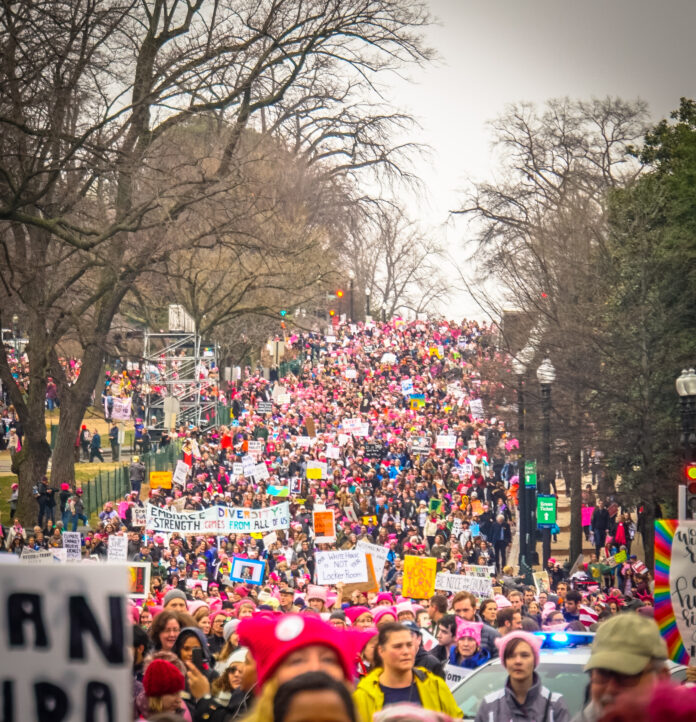In Brazil, people are glued to the US presidential campaign, and for good reason. Since 2016, it feels like whatever happens in American politics ends up playing out in Brazil. The latest twist? Trump’s victory has sent shockwaves through Brazilian politics, stirring up reactions from both the left and the right.
On one side, Bolsonaro’s supporters are thrilled. They see Trump’s win as a sign that their political movement, Bolsonarism, might make a big comeback. On the other side, Brazil’s left, led by President Lula, is bracing for tough times. After losing big in Brazil’s municipal elections in October 2024, Lula and his allies now face the reality of navigating a Trump-led America that might not be so friendly to their goals. But this is more than just a story of right vs. left. Trump’s presidency could bring real challenges for Brazil. Let’s break it down.
Can Trump Help Bolsonaro Bounce Back? In 2023, Bolsonaro was barred from running for public office for eight years because of accusations that he abused his power during the last election. This ruling was a massive blow to his movement, and it left many of his followers feeling deflated. But now, with Trump back in the White House, Bolsonaro’s allies are feeling hopeful again. Bolsonaro’s son, Eduardo, and other close supporters have made multiple trips to Washington, trying to rally support from Trump’s Republican allies. They’ve been pushing a narrative that conservative voices in Brazil are being silenced and framing Lula’s government as dangerously authoritarian. For some Republicans in the US, this message hits close to home, feeding into their own fears about political overreach. Even Elon Musk got involved, clashing with Brazil’s Supreme Court over claims of censorship. Musk’s criticisms have energized Bolsonaro’s supporters, who now see Trump’s administration as their ticket to reversing Bolsonaro’s political ban and making a triumphant return to power.
What Could Trump Do to Brazil? If Trump really wants to help his buddy Bolsonaro, he has options. He might pressure Brazil’s government by imposing sanctions or other measures to push for Bolsonaro’s eligibility to run again. But there are other, sneakier ways he could shake things up. For starters, Trump’s trademark protectionist policies could hurt Brazil’s economy. If he raises tariffs, Brazilian products will struggle to compete in the US market. Worse, if Trump’s decisions slow down the Chinese economy (one of Brazil’s biggest trading partners), Brazil’s agriculture sector could take a major hit. Then there’s Argentina. Argentina’s new president, Javier Milei, is no fan of Lula. He’s hinted at pulling out of Mercosur, the trade bloc that connects South America. If Trump cozies up to Milei, it could isolate Brazil and undermine Lula’s efforts to strengthen ties across the region.
Lula’s Next Moves Lula knows he’s in a tough spot. While he supported Kamala Harris during the campaign, he was quick to congratulate Trump after his win, saying he looked forward to working together. Lula isn’t looking for a fight. But he also knows Bolsonaro’s promise of unwavering loyalty to Trump could tempt the US president to intervene in Brazilian politics. For Lula, the path forward is about keeping Brazil’s democracy strong. Bolsonaro still faces serious legal troubles, including allegations that he plotted a coup and inspired the January 8, 2023, riots in Brazil—an event eerily similar to the January 6 Capitol attack in the US. Even with Trump in his corner, there’s no guarantee Bolsonaro can dodge the law. Lula also has opportunities to lead on the global stage. While Trump focuses inward with his “America First” agenda, Lula could use Brazil’s G20 presidency to champion issues like climate change and human rights. These efforts could help Brazil build alliances and offset any pressure from a Trump-led US.
What’s Next for Brazil? The stakes are high, and the challenges are real. But at the end of the day, Brazil’s future is in its own hands. Whether it’s the far-right hoping for a comeback or Lula working to keep the country steady, political leaders will need to step up and navigate these turbulent times. Brazil’s story is far from over, and as the world watches, one thing is clear: the choices made now will shape the country’s path for years to come.
